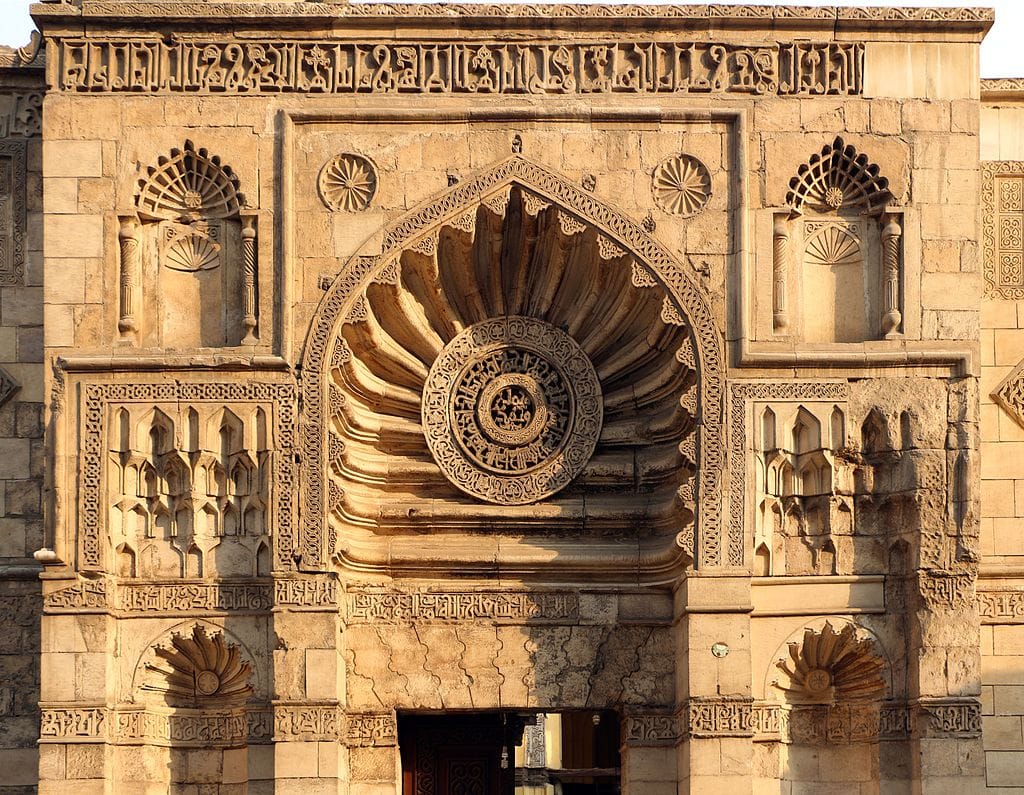Shawar: The Fatimid Vizier Who Paved the Way for Saladin
A Story of Power, Betrayal, and Legacy in Medieval Egypt

Shawar: A Controversial Fatimid Vizier
Shawar ibn Mujir al-Sa’di (1110 – January 18, 1169) was a prominent figure in the Fatimid Caliphate, serving as vizier from 1162 until his death in 1169. Born in Egypt, Shawar rose through the ranks as an emir of as-Sa’di in Alexandria and governor of Upper Egypt. His quest for power shaped the tumultuous political landscape of the period, as he navigated alliances and conflicts with various factions.
Rise to Power
In 1162, Shawar allied with Nur ad-Din, the Sultan of Damascus, to overthrow the then-vizier Dirgham. After seizing power, Shawar faced immediate tensions with Nur ad-Din’s general Shirkuh, whose intervention had been crucial to his rise. This friction sparked a power struggle between the Fatimids and the Zengids.
Alliances and Betrayals
To retain his authority, Shawar sought support from the Crusaders under King Amalric I of Jerusalem. This strategic, albeit precarious, alliance exacerbated tensions with the Zengids, culminating in a series of invasions and battles over control of Egypt.
Shawar’s frequent shifts in loyalty—between the Zengids and the Crusaders—earned him a reputation for political instability. Despite his efforts, these maneuvers weakened the Fatimid Caliphate and left Egypt vulnerable to external forces.
Fall and Legacy
In 1169, Shawar’s political machinations reached their tragic conclusion. After requesting Shirkuh’s help against the Crusaders, Shirkuh ordered Shawar’s execution, citing his unreliability. Shawar’s death marked the end of a turbulent era and paved the way for Shirkuh’s eventual dominance in Egypt.
Shortly after, Shirkuh’s nephew, Saladin, emerged as a central figure, ultimately uniting Egypt under his leadership and securing his place as one of the most renowned leaders in Islamic history.
Shawar’s tenure as vizier is remembered for its dramatic shifts in alliances and its role in destabilizing the Fatimid regime. His actions indirectly set the stage for Saladin’s rise, shaping the course of Middle Eastern history.






